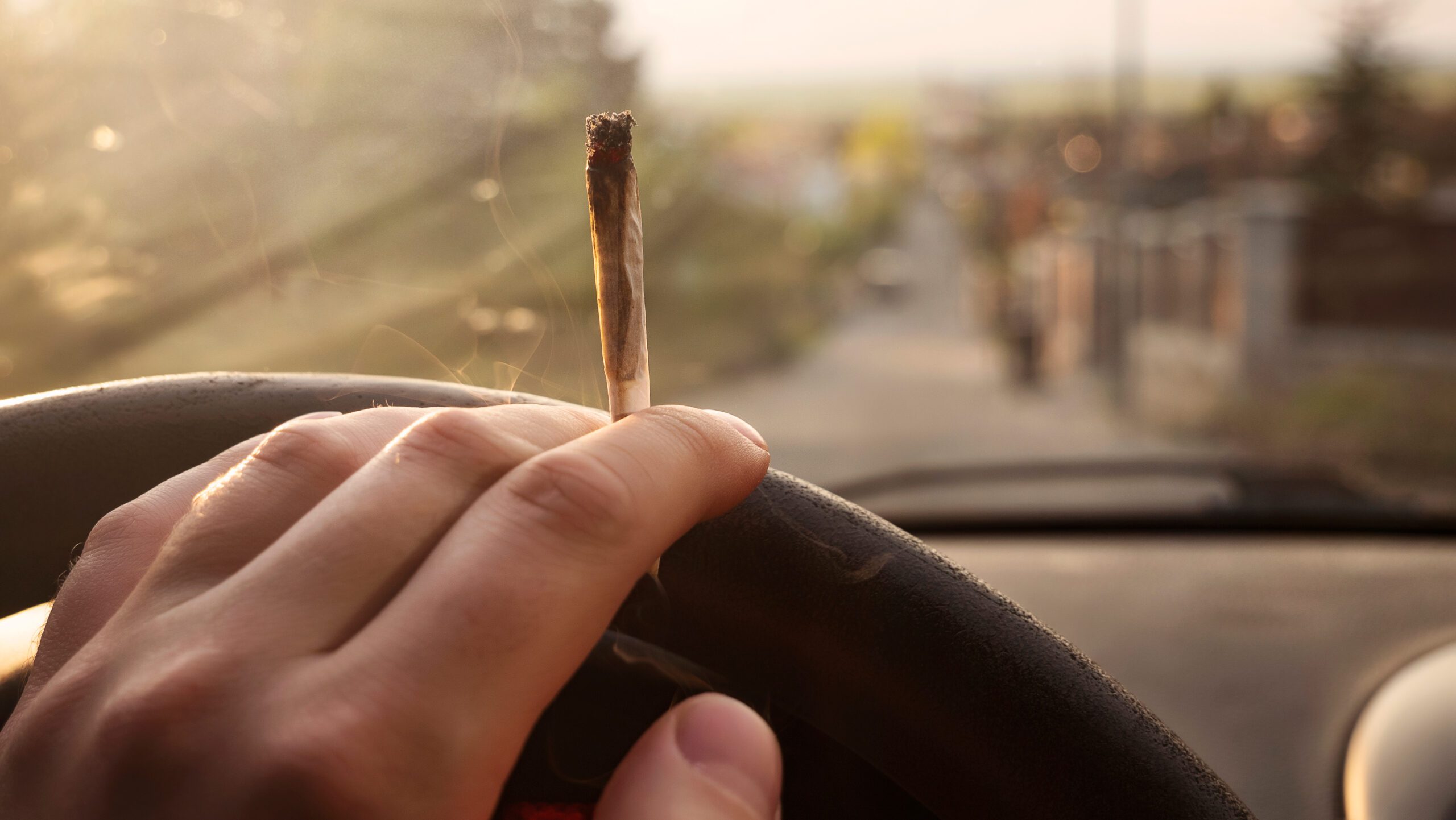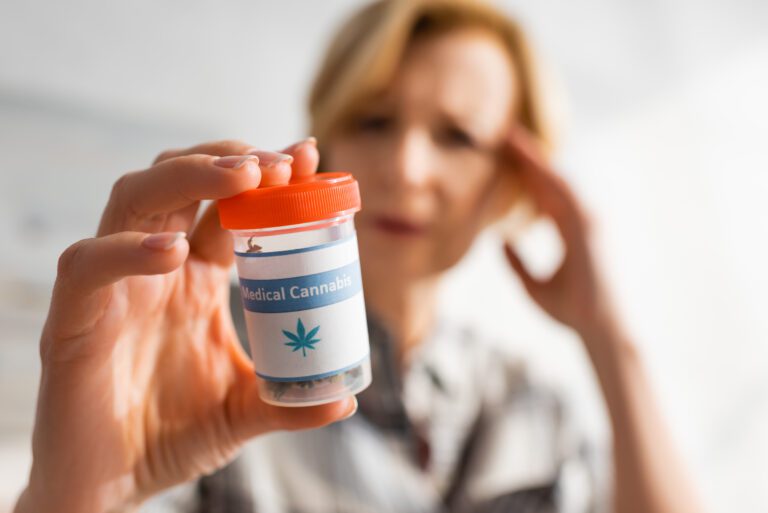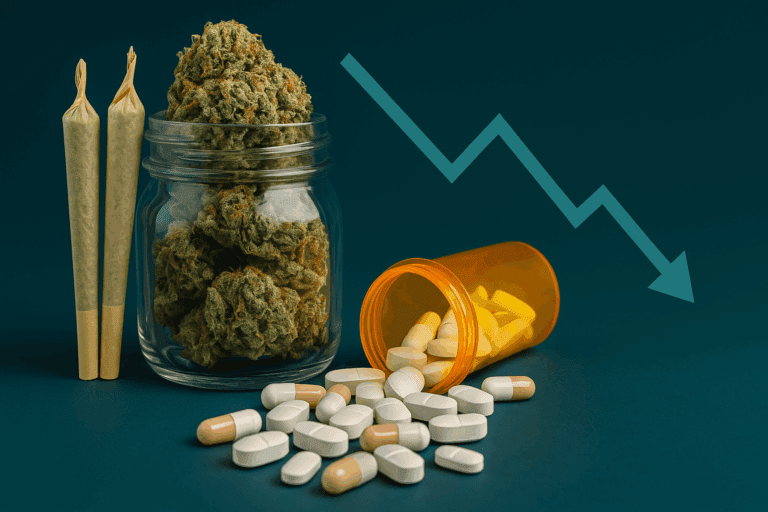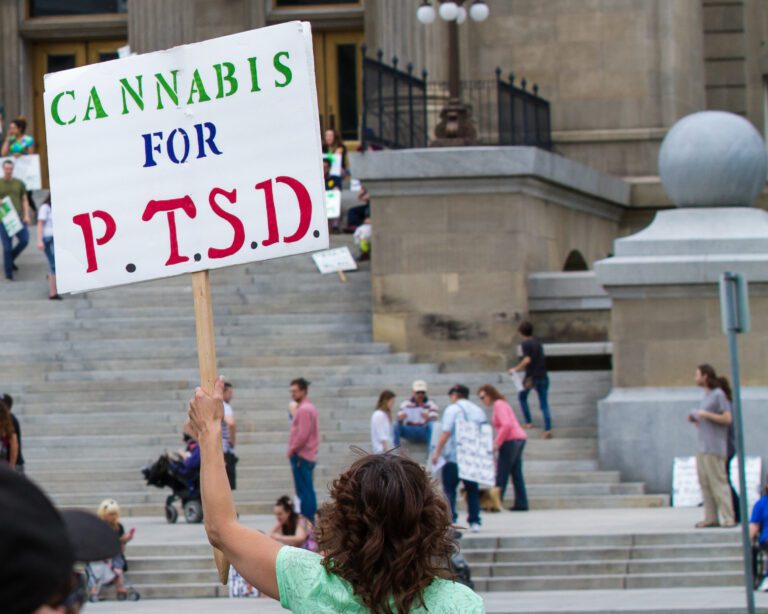Experienced Cannabis Patients Show No Driving Impairment, Study Finds

Key Takeaways
- Experienced medical cannabis patients showed no significant impairment in driving performance after using their typical doses
- Participants maintained consistent performance in reaction time, lane positioning, and speed adherence
- THC blood concentrations did not correlate with driving performance
- Results contradict “zero tolerance” DUI approaches for medical cannabis patients
- More research needed to develop evidence-based policies for cannabis and driving
Introduction
A groundbreaking new study published in the journal Traffic Injury Prevention suggests that experienced medical cannabis patients may not experience significant driving impairment after consuming their typical therapeutic doses. The findings challenge conventional assumptions about cannabis use and driving performance, potentially having far-reaching implications for both medical cannabis patients and policymakers.
Study Details
Researchers from the University of Michigan conducted the controlled study focusing specifically on patients who regularly use cannabis for medicinal purposes. The study, titled “Medical cannabis patients show no decrements in driving performance following normal medical cannabis use: Results from a naturalistic, on-road driving study,” examined 31 experienced medical cannabis patients.
The research team evaluated participants’ driving performance before and after they consumed their typical medical cannabis dose, using a specially equipped vehicle on public roads under real-world conditions. Importantly, patients used their own medical cannabis products at their standard therapeutic doses rather than standardized amounts, creating a more accurate representation of real-world use cases.
Key Findings
The results revealed several significant findings that contradict common assumptions about cannabis and driving:
No Significant Impairment Observed
Contrary to expectations, participants showed no significant decrements in driving performance after consuming their normal medical cannabis doses. Key performance metrics including:
- Reaction time
- Lane positioning
- Speed adherence
- Overall driving performance scores
All remained statistically unchanged from baseline measurements. These findings held despite measurable THC levels in participants’ blood samples after cannabis use.
Blood THC Levels Not Correlated With Performance
One of the most striking findings was that blood THC concentrations did not correlate with driving performance. This discovery challenges the basis of so-called “per se” DUI laws that establish legal limits for THC in blood, similar to alcohol BAC limits.
“Based on our results, it is apparent that THC blood levels do not serve as a reliable indicator of driving impairment in experienced medical cannabis patients,” the researchers concluded. This echoes previous research suggesting that THC blood levels do not reliably predict impairment, unlike alcohol.
Experience and Tolerance Factors
The researchers pointed to patient experience and tolerance as likely factors influencing the results. Regular medical cannabis users develop both physiological tolerance to cannabis’s impairing effects and behavioral adaptations that may compensate for subtle cognitive changes.
“These patients have extensive experience with how their medication affects them, and appear to compensate accordingly,” the researchers noted. “Some participants reported deliberately driving more cautiously after medicating, suggesting an awareness of potential impairment risks.”
Policy Implications
The findings have potentially significant implications for cannabis policy, particularly regarding driving laws:
Challenge to Zero-Tolerance Policies
The study directly challenges “zero tolerance” or “per se” DUI approaches for medical cannabis patients. In states with such laws, patients can be charged with impaired driving based solely on the presence of THC in their system, regardless of actual impairment.
“Our results indicate that zero-tolerance laws may be unduly penalizing medical cannabis patients who are not actually impaired,” the authors stated. “This approach does not appear to be supported by scientific evidence.”
Need for Performance-Based Assessment
Instead of relying on biological markers like blood THC levels, the researchers advocate for performance-based assessments of impairment. These might include standardized field sobriety tests specifically validated for cannabis or even technology-based solutions that measure actual cognitive and motor performance.
Study Limitations
The researchers acknowledged several limitations to their work:
- The sample size of 31 patients, while sufficient for statistical analysis, was relatively small
- The study focused exclusively on experienced medical users, not recreational users or novice patients
- The researchers could not ethically test extremely high doses that exceed patients’ typical therapeutic amounts
- The controlled driving course, while on public roads, did not include all possible driving scenarios
Future Research Directions
The research team outlined several vital areas for future study:
- Comparing experienced medical users with inexperienced or recreational users
- Testing various cannabis strains, formulations, and consumption methods
- Developing more accurate field tests for cannabis impairment
- Longitudinal studies examining changes in tolerance and compensation over time
Conclusion
This study adds important nuance to the ongoing discussion about cannabis use and driving safety. The results suggest that for experienced medical cannabis patients using their typical therapeutic doses, driving performance may not be significantly impaired.
However, the researchers emphasized that these findings should not be interpreted as suggesting that all cannabis use is compatible with safe driving. “Different user groups, higher doses, and various cannabis products may produce different effects,” they cautioned. “The safest approach remains to separate cannabis use from driving entirely.”
The study underscores the need for evidence-based policies that balance legitimate public safety concerns with the realities of medical cannabis treatment. As the researchers concluded, “We need regulatory approaches that target actual impairment rather than merely the presence of cannabinoids in biological samples.”
The full study is available here.








Its about time I’ve been a toker since most of you were pooping green and the only traffic accident I’ve had I was perfectly straight
Its hilarious to me that people making money keeping it illegal used to claim as the tolerance increases they need more to reach a high out of 1 side of their mouth while saying any amount makes them unsafely high out of the other
Trouble is people who’s only touchstone is Alcohol tend to think pot effects people like booze does(us pot smokers know better)apples and oranges finally a study on the subject should put the facts before the American people!(if you need a LOOONG TIME USER For your study I’m retired and have time thanx)
Me too. I am a daily smoker. All day long.
I would like to get in on some of this study, I have been a toker since 1968 , Never had an accident or a traffic violation. There is absolutely no comparison with the effects of alcohol. trying to drive under alcohol influence is a straight up disaster. driving under the influence of cannabis makes Me more aware of my surroundings
Been a heavy heavy smoker since i was 21 and now 34.. I would be willing to participate in a study like this. I have experience driving after smoking more than you would wanna know and I can give a ton of feedback for a study like this. I am by far more aware and CAREFUL when I do. Been in serious accidents..many..and not a single one was driving after smoking. Only alcohol.
Australia has mouth swabs for random testing. Last two random breath tests for me was only for booze, by police.
Current law, if tested for THC only needs presence.
From my understanding presence in urine samples can be weeks, blood samples less so. I drive a truck and refrain from (minor) smoking the day before.
The link provided doesn’t work! It takes you to an error page. Please fix the link to the actual study
I been telling folks for years I drive better medicated. The pain I feel without medication interferes with my ability to react quickly to emergency situations. Or to drive for any length of time because the pain gets more intense. And my anxiety level without meds causes issues with my ability to handle driving. I use to sometimes pull over to cry and shack uncontrollably. So glad a study now shows what I been saying for years.